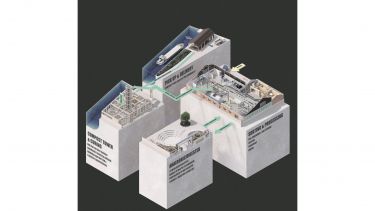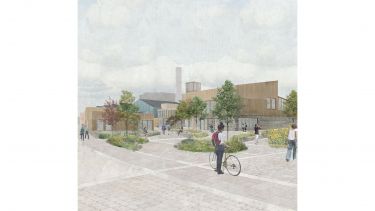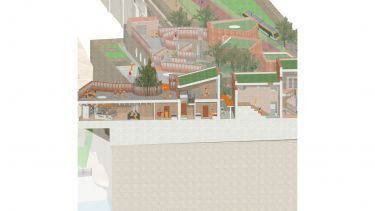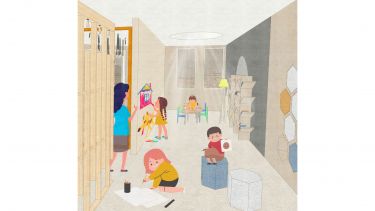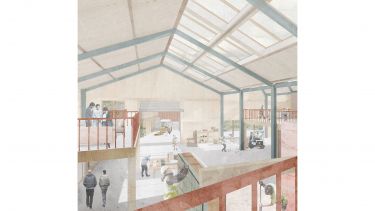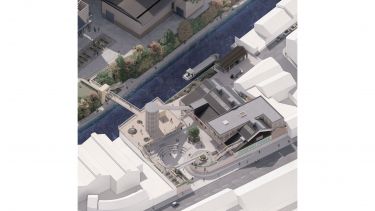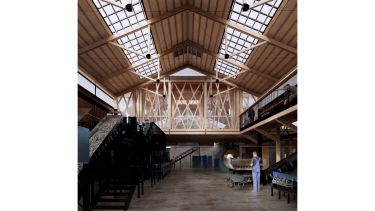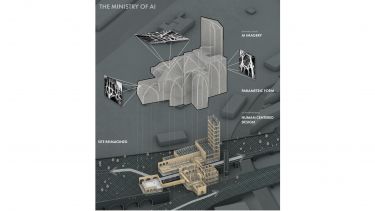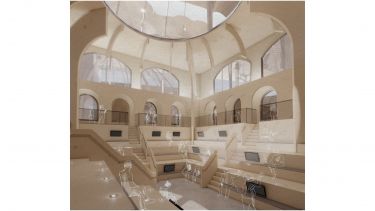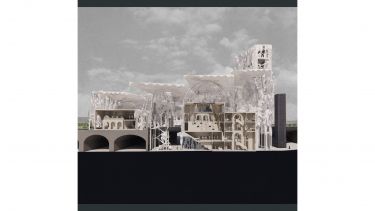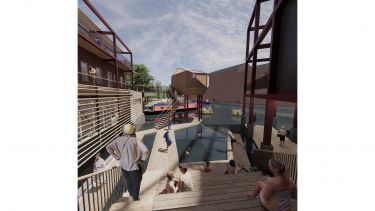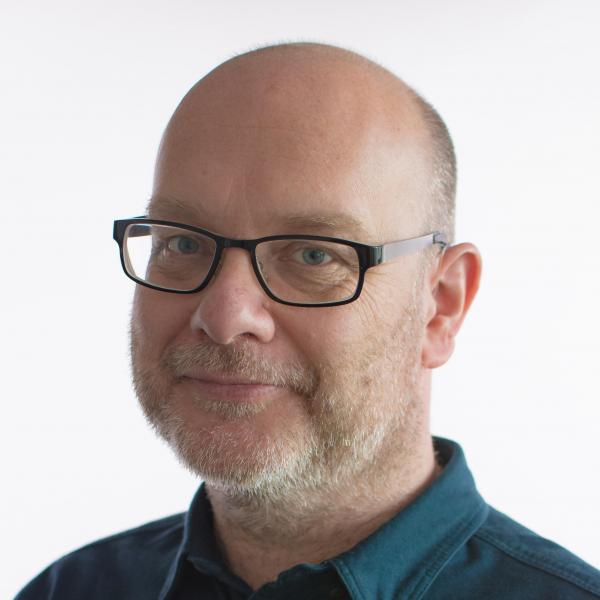Collaborative Production
Informed by post-capitalist theory, this studio explored an alternative model based on interdependency, social capital and local value, transforming the way people engage with local governance, education, recreation and cultural exchange.
The prevailing economic model of speculation and market-driven growth is unable to address the urgent global challenges of climate change and social inequality.
How might we do things differently, and what kind of built environment might this generate?
Informed by post-capitalist theory, the studio explored an alternative model based on interdependency, social capital and local value, transforming the way people engage with local governance, education, recreation and cultural exchange.
The area under investigation sits on the margins of Sheffield city centre; a place with no name – difficult to find and difficult to define.
Already home to a displaced and marginalised community, we aimed to reimagine the area as a place of refuge and sanctuary for individuals and communities excluded from modern society. In doing, so we aimed to explore economic and land ownership models more able to address current challenges, welcoming all who seek a more progressive and sustainable lifestyle.
The project began with a detailed investigation of the area to understand its history, its present, and its possible future. Using projection mapping and assemblage techniques the studio aimed to construct visual narratives as a way of recording, analysing and representing multiple layers of interest and meaning.
The notion of collaborative production aimed to extend to the working methodology of the studio, with students working collectively, sharing resources, ideas and approaches.
Based on the initial findings, we aimed to develop a collective strategy, reimagining the area as an environmentally sustainable and socially dynamic urban neighbourhood.
The new neighbourhood will become a testbed for new ideas, and the prototyping of innovations in community ownership, building construction, and food and energy production.
Individual projects aimed to develop a detailed programmatic response to the opportunities and needs identified, creating high quality environments for living and working alongside places for social interaction and cultural exchange.
Proposals aimed to maximise the re-use of existing buildings and industrial infrastructure, drawing on the area’s historic character, and making space for increased biodiversity.
The collective strategy enabled projects to interface spatially, functionally and economically, creating an architecture which enriches people’s lives, is socially inclusive and is protective of the environment.
Studio tutor

Masters study discovery afternoon
See where a Sheffield masters could take you with our on-campus event. Get expert advice, take a campus tour and chat to current students.

